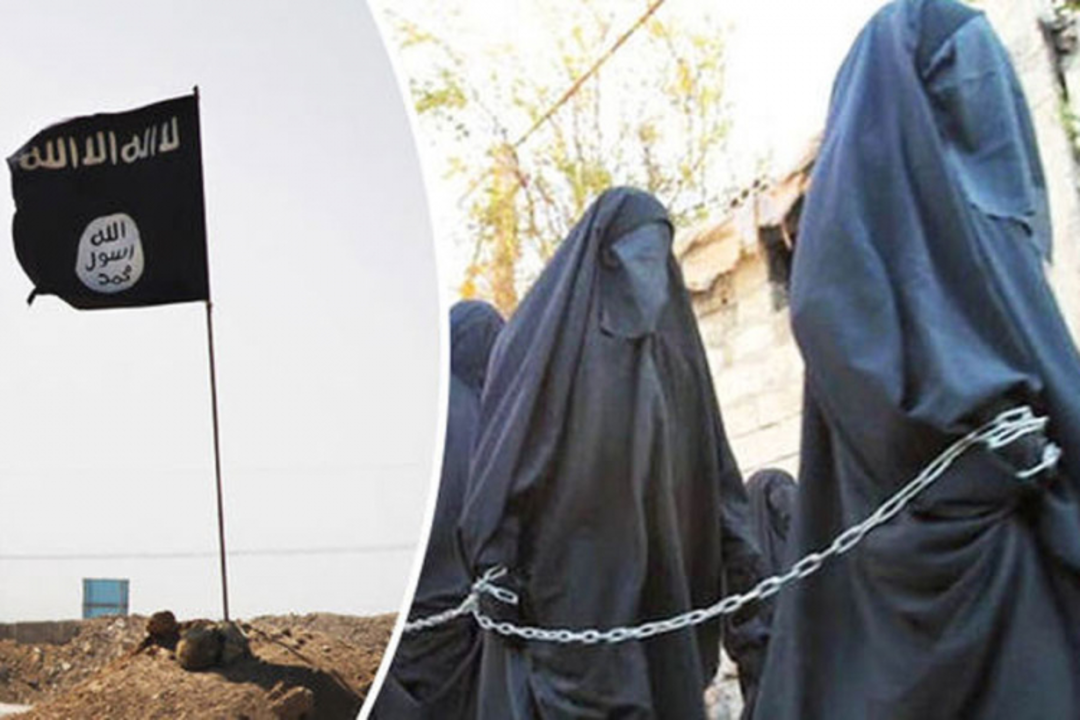Religion and Society: Real Talk on Islam and Everyday Life
Welcome to the hub where faith meets daily life. Here we dig into how Islam influences the way people live, work, and relate to each other across India. Got a question that seems controversial? You’re in the right spot – we answer it straight, without fluff.
Our community shares stories, news, and insights that matter to Muslims and anyone curious about the impact of religion on society. From celebrations to challenges, we cover it all with a focus on honesty and respect.
Understanding Misconceptions
Ever heard someone claim that Islam allows things like forced marriage or slavery? Those headlines often ignore the deeper context. Most scholars agree that such acts clash with core Islamic teachings of justice and compassion. When a few extremist voices shout louder, the whole faith can get unfairly painted.
Take the question, “Does Islam permit rape or sex slavery of non‑Muslim women?” The short answer is a firm no. Classical sources, from the Qur’an to Hadith, stress consent, dignity, and the protection of all humans. Extremist groups twist language to fit political goals, but mainstream theology rejects those interpretations.
What Scholars Say
Leading scholars across the world—whether in Al‑Azhar, Darul Uloom, or universities—stress that any sexual violence is a grave sin. They point to verses that command believers to treat women with kindness and to protect the vulnerable, regardless of faith.
In India, many Imams organise workshops that teach community members about consent, rights, and the true spirit of Islamic law. These sessions help counter harmful narratives and empower people to stand up against abuse.
When you hear a sensational claim, ask: Who is saying this? What evidence do they offer? Most credible sources will reference Qur’anic verses, authentic Hadith, and centuries‑long scholarly consensus that condemn any form of rape or slavery.
Our goal isn’t to defend every mistake made by individuals; it’s to separate personal actions from the teachings that guide millions. By doing that, we protect both the faith and the people who practice it.
Beyond this hot topic, the category dives into other social questions – like how Islamic finance works, the role of women in public life, and the ways festivals bring neighborhoods together. Each post is written for readers who want clear answers without academic jargon.
We also highlight real stories from Indian Muslims: a young woman launching a tech startup, families sharing Ramadan meals with neighbors of different faiths, and community leaders addressing social issues head‑on. These examples show how religion can be a force for good in society.
If you’re looking for facts, perspectives, or a place to discuss sensitive issues, stay awhile. Join the conversation, ask your own questions, and help build a more informed, compassionate community.
- Zayden Kurosawa
- 0
Does Islam permit rape or sex slavery of non-Muslim women?
In my recent exploration of the topic "Does Islam permit rape or sex slavery of non-Muslim women?", I delved into various religious texts and consulted scholarly interpretations. It is important to note that the majority of Muslim scholars and believers denounce such acts as completely against the teachings of Islam. However, some extremist interpretations have emerged that attempt to justify these acts, creating confusion and perpetuating negative stereotypes. In conclusion, Islam does not permit rape or sex slavery of non-Muslim women, and any such claims are often based on misinterpretations of religious texts or the actions of extremist groups. It is crucial to separate the actions of individuals from the core values of the religion itself.
Read more